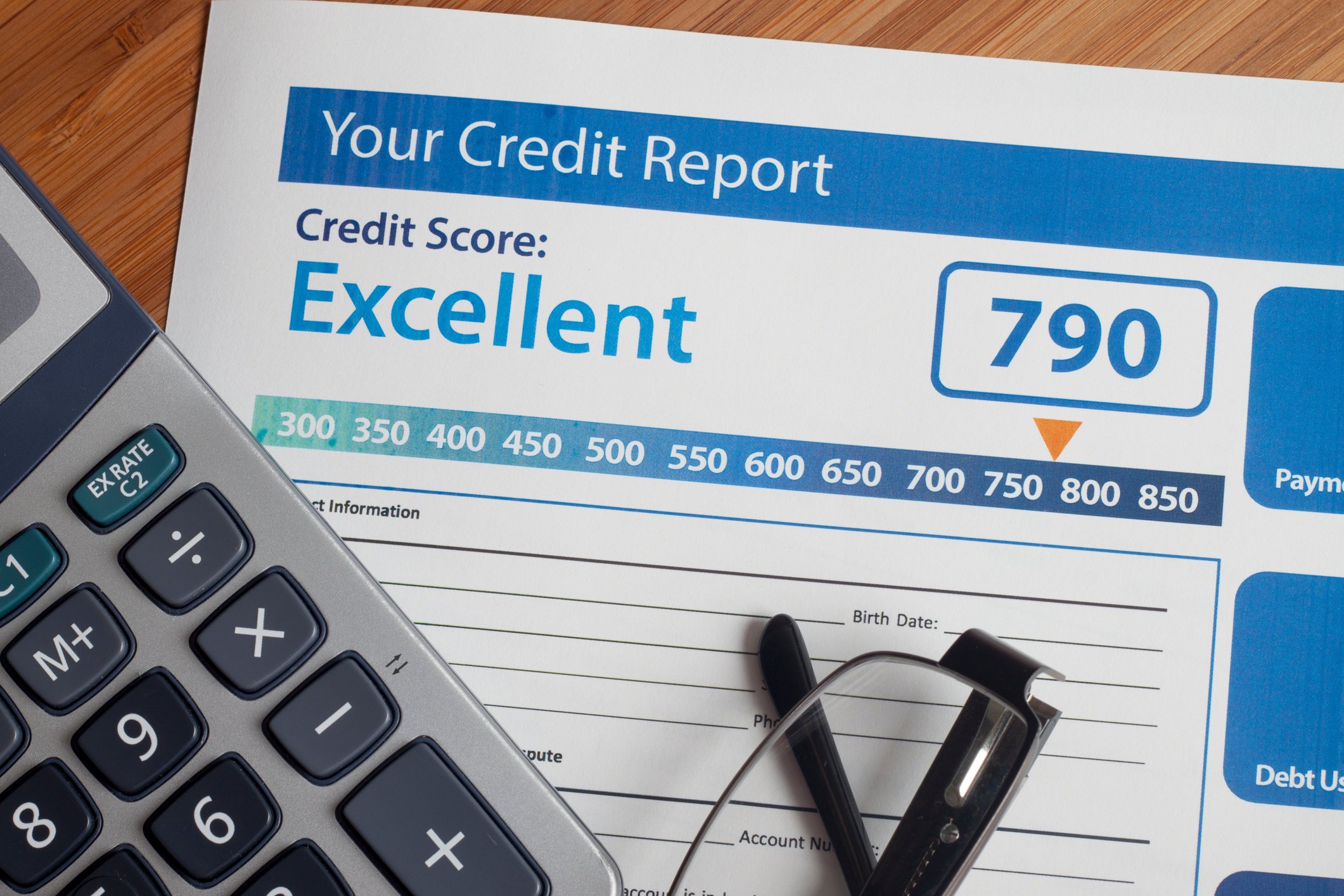Does a Hard Money Loan Appear On My Credit Report?
Many real estate investors new to hard money loans ask, “Does a hard money loan appear on my credit report?” This question comes up several times...

If you’re seeking private financing for your real estate project, be aware that most hard money loans have a document called a Personal Guaranty. This means that even if the loan is technically for an entity that you own or control, such as a limited liability company (LLC) or corporation, you, and possibly all the partners in the entity, must individually guarantee full repayment of the loan.
This article will cover what you need to know about a Personal Guaranty, including:
A Personal Guaranty (PG) for a hard money loan is a document in which an individual assumes personal responsibility for the loan if the borrower is unable to do so. This means that if the borrower defaults on the loan, the lender can pursue legal action against the guarantor to recover the outstanding balance.
Personal guarantees are often required for hard money loans, (short-term loans secured by real estate, issued by private lenders rather than traditional financial institutions.) These loans are typically used for acquiring, rehabilitating, or refinancing real estate properties. The personal guaranty provides the lender with an additional level of security if the borrower is unable to repay the loan.
Having a personal guaranty means that the loan is considered a recourse loan. In a recourse loan, the lender can take legal action to recover the debt secured by the underlying asset or against the debtor (guarantor) if the asset value doesn't cover the principal amount of the debt. The most common example we see is a short sale, where the balance of the loan exceeds the sale price of the property. (I’ll discuss this in more detail below in Real Life Examples of Personal Guarantees).
A non-recourse loan is one where the loan is only secured by the underlying asset and not personally guaranteed by the borrower, or sponsor. There are a few hard money lenders, like Lone Oak Fund, that don’t require borrowers to personally guarantee the loan because they primarily fund bridge loans on commercial properties. Many of Lone Oak’s loans are paid off by Institutional lenders like banks, insurance companies, or Fannie Mae and Freddie Mac on multifamily properties. These institutional lenders do not require a personal guaranty.
As I mentioned above, Lone Oak doesn’t require a personal guaranty. However, it's the outlier in the hard money lending world. Most lenders that FCTD works with, including nearly all the lenders we draft loan documents for, require a personal guaranty. The main reason is that the lender wants an extra layer of certainty that the principal loan balance will be repaid in full.
If you’re borrowing hard money through a limited liability company (LLC) or corporation (Inc.), you will have a personal guaranty. The LLC or Inc. will be the borrowing entity, with you personally guaranteeing the debt.
No. When you borrow from your self-directed account, you cannot personally guarantee the debt. The only collateral for the loan will be the underlying asset (the property). The lender has no recourse, besides seizing your asset, to recover loan funds. They can't go after additional funds in your self-directed retirement account.
FCTD has funded non-recourse loans on rental properties where the borrower was a self-directed retirement account. These loans are usually lower leverage, where the rental cashflows more than cover the debt service expenses. The borrowers who used this investment strategy usually acquire off-market properties that needed minor renovations before placing a tenant. After holding for two to three years, they sold for a $100,000 to 150,000 profit that went back into their self-directed retirement account.
The personal guaranty ends when the loan is paid off, usually through a sale or property refinance. At that point, the borrower will be released from the guarantee. The personal guarantee can also end if the debt is discharged through bankruptcy.
In my 20-plus years of lending, I’ve come across instances when the personal guarantee impeded a borrower from financing on a different property, or even followed them years after the property was lost to foreclosure.
Below are a few cases where we’ve seen personal guarantees in inconvenient places:
I had a home builder nearing completion of a six-house subdivision financed by a $3.5 million construction loan. The borrowing entity was his LLC and he personally guaranteed the loan. He was also personally buying a new primary residence and needed a stated income verified asset NonQM loan to close on the new house. If you know about building homes, you know that cash reserves dwindle toward the end of construction and replenish when the homes sell. That was our client.
The problem with the new home purchase was the lack of reserves (liquidity after down payment and closing costs). The builder had drained most of his liquidity on the pre-development phase of his subdivision (which he financed out of pocket), and living expenses over the previous year. Since the $27,700 per month construction loan was personally guaranteed, our client needed to have an additional $166,250 ($27,700 x 6 months) in reserve, as well as the reserve for the mortgage on his new primary residence, ($48,750), totaling $215,000.
The client just didn’t have enough in reserves at the time — but would in four to five months when the six new houses sold. In the end, a family member financed the house and recouped their money from the six new homes and a refinance.
Back in 2009, a borrower had a $415,000 first mortgage (bank loan) and a $40,000 hard money second mortgage on a property in Southern California. That property was sold at foreclosure auction for only $335,000, wiping out the hard money second loan. Five years later, an attorney for that second lien holder sent a copy of the Note, Deed of Trust, Loan Agreement and Personal Guaranty to the borrower, and they worked out a two-year payment plan for the roughly $40,000 in interest.
A friend of ours in the business had a big fix-and-flip project in San Francisco that ran into several delays during COVID. Going into the project, he expected to sell for $4,3 million. With COVID-related delays, loan extension costs, additional carrying costs and increased price of materials, the property sold for $200,000 less than the $3,5 million loan balance.
The lender enforced the personal guaranty, and agreed to a short payoff with a separate 24-month note on the $200,000 deficiency balance. The borrower had another project nearing completion, for which the lender secured the $200,000 as a second trust deed. Our friend made a few payments for $8,600 per month before paying off the remaining balance when the other project sold.
Conclusion
As you can see, most hard money loans have a personal guaranty. They provide an extra layer of protection for the lender to ensure the borrower sees the project to completion and repays the loan in full. Or, if the project experiences some challenges and the property sells for less than the loan balance, the borrower and lender can work out an arrangement that satisfies the debt in its entirety, closing out the personal guaranty on the loan.

Many real estate investors new to hard money loans ask, “Does a hard money loan appear on my credit report?” This question comes up several times...

A little while back, I had a conversation with a friend rolling $250,000 from their 401K into an IRA after leaving the company they’d worked at for...

When using hard money loans, is it best to work with a direct lender or a mortgage broker? This is a question that real estate investors, who have...